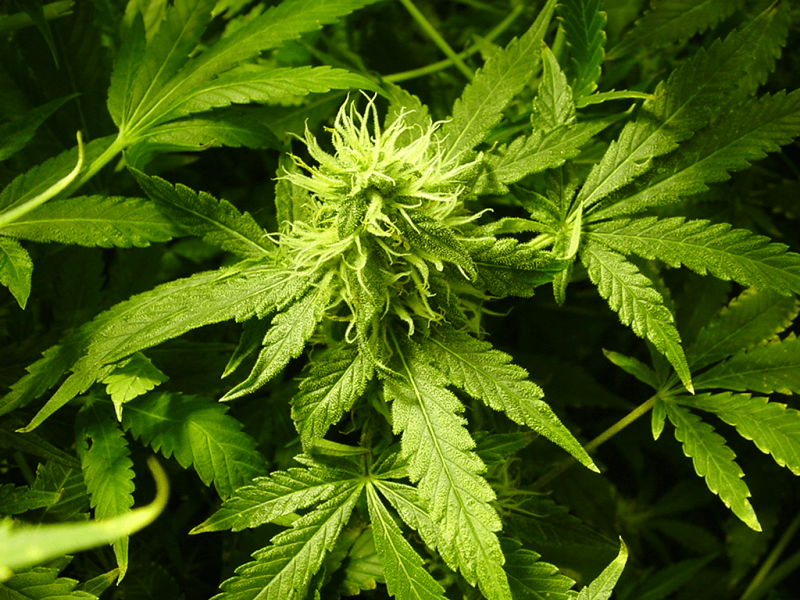Two Minnesota Marijuana bills introduced to legalize for adults 21 and over may give voters a chance to bring recreational marijuana to their state. Last week, two lawmakers brought their ideas to the table on how to get the ball rolling on adult-use.
One of the options is being brought up for discussion by Rep. Jon Applebaum, says the Associated Press. He wants to see Minnesota marijuana regulated like alcohol, and have the tax revenue go to public school funding; like Colorado.
“It’s eventually going to happen,” the Democratic lawmaker told CBS Minnesota.
His bill would include the following:
- Recreational sale of cannabis in 2019
- Allow Minnesotans over age 21 to use, possess and buy up to one ounce
- Regulates growing, harvesting and retail
- Permission to grow up to 6 marijuana plants at a time, with 3 or fewer being mature
FOX 9 reports that Rep. Applebaum believes his proposal is in-step with what most Americans think about pot.
“The world is changing, and Minnesotans are rightfully developing different attitudes on marijuana,” Rep. Applebaum said. “Other states’ successes, along with the failed prohibition attempts of others, have validated the need for a statewide conversation on legalizing the personal, recreational use of marijuana.”
A fellow Democrat, Rep. Tina Liebling, also thinks it’s high time their state went recreational. On Wednesday, she proposed another, separate bill to legalize marijuana through a constitutional amendment.
“My bill would let citizens decide whether it is time to try a different path—one already successfully paved by many other states,” she said in the FOX 9 report.
If successful, their pro-pot efforts would make Minnesota the ninth recreational marijuana state in the U.S. However, it’s unlikely that either will gain much momentum because the state legislature has a Republican majority. The Democratic Governor, Mark Dayton, also remains opposed to the progressive idea.
Medical marijuana became legal in Minnesota on July 1, 2015 after a bill full of restrictions and regulations passed the Legislature in 2014. Last year, the state added intractable pain to the list of qualifying conditions, and post-traumatic stress disorder (PTSD) will be added to the list on Aug. 1, 2017.

